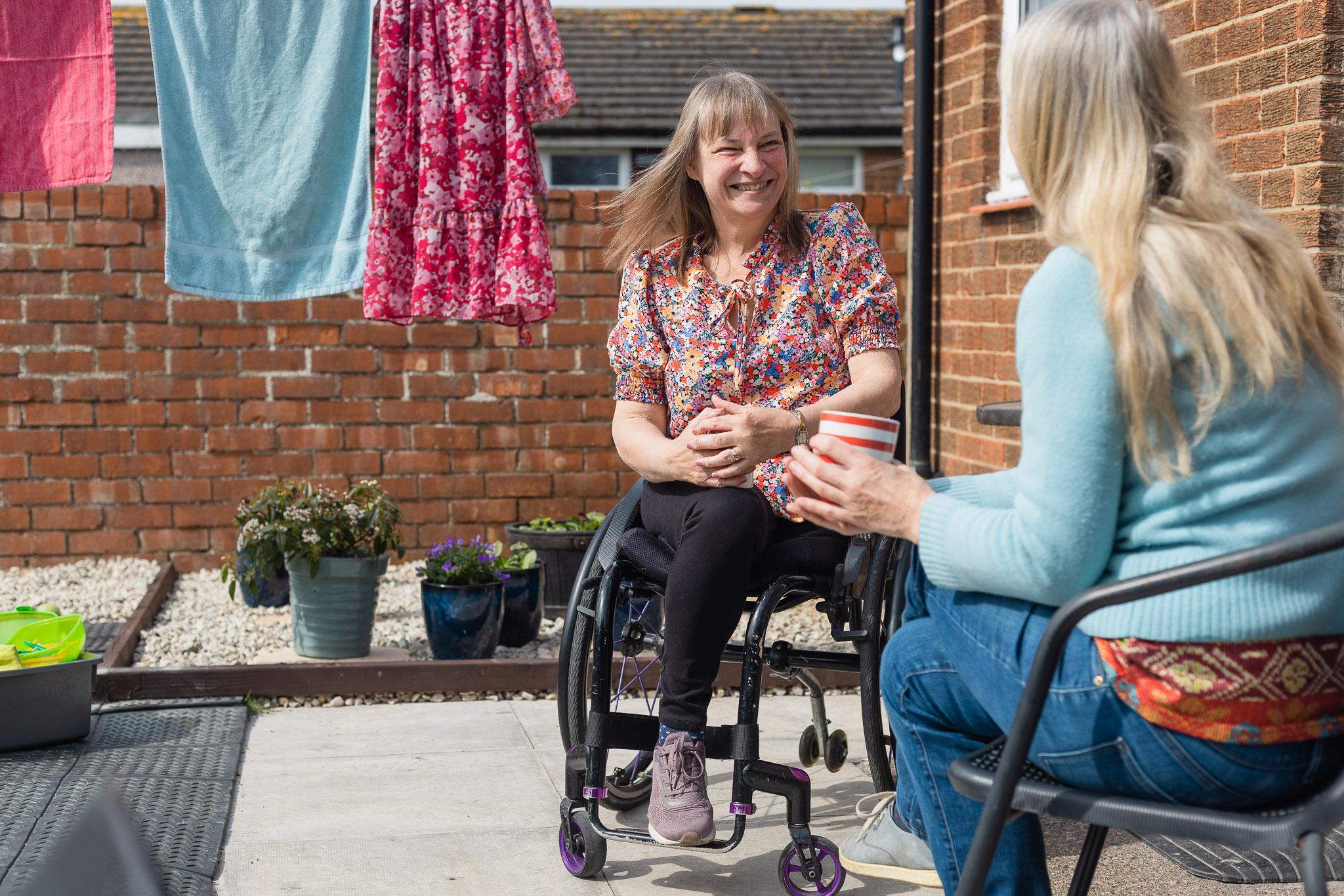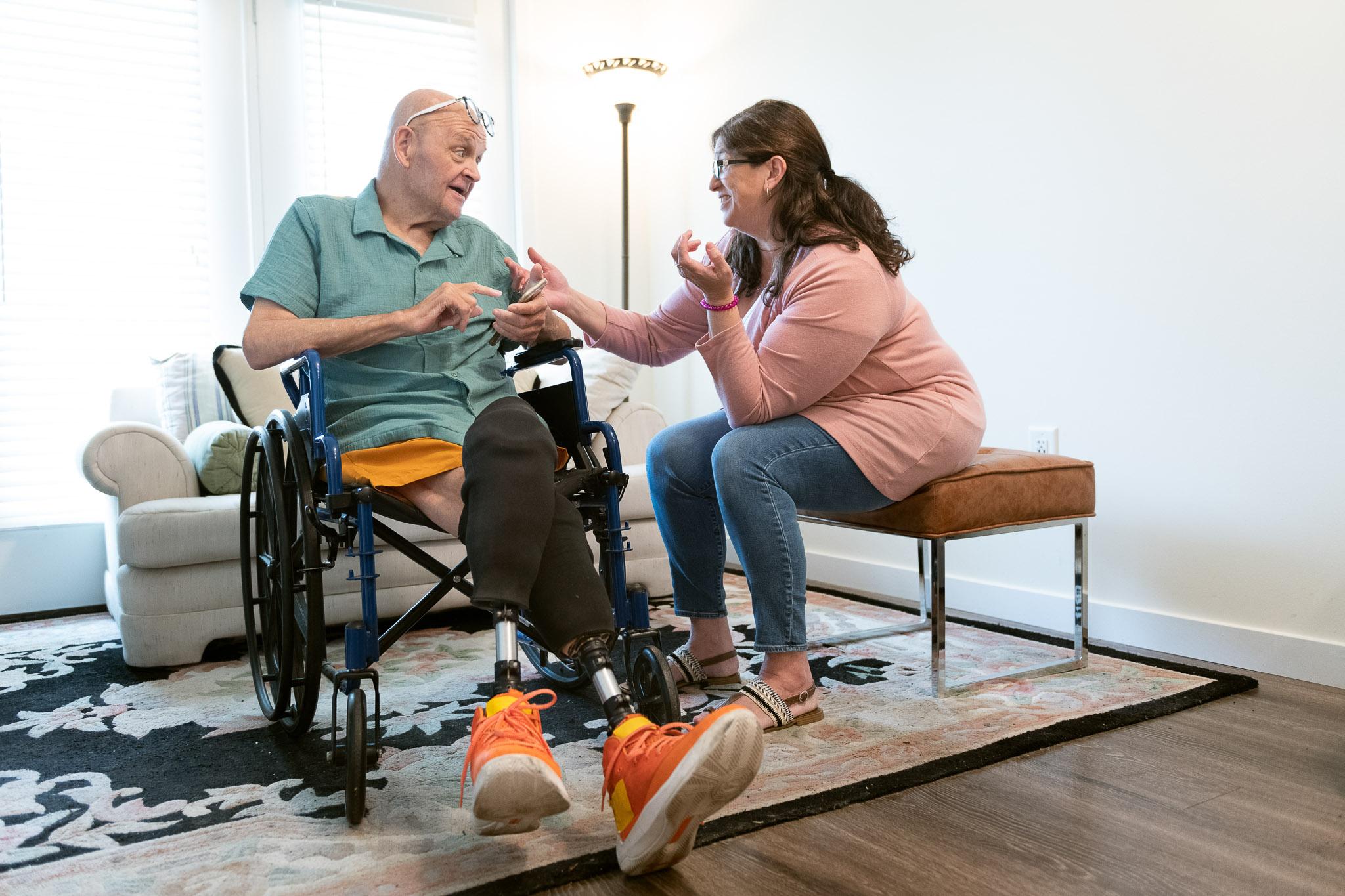16 December 2025
Policy and Advocacy update – 18 December 2025
Read about OTA policy and advocacy updates and developments this week, including a submission request for better NDIS pricing, updated ADL assessment requirements, and many more.
10 December 2025
Policy and Advocacy update - 11 December 2025
Read about OTA policy and advocacy updates and developments this week, including algorithm-driven NDIS support needs assessments, a call for input from AOPA, changes to Better Access, and many more.
8 December 2025
Connections Summer 2025
Connections Summer 2025 edition celebrates OT Week 2025, the launch of OTA's Innovate RAP, Advocacy update, NDIS reforms in action, and many more.
2 December 2025
Policy and Advocacy update – 4 December 2025
Read about OTA policy and advocacy updates and developments this week, including NDIA opens consultation, findings on Ahpra’s registration fee model, and many more.
11 November 2025
Department of Health Disability and Ageing - Support at Home for Allied Health professionals
This document offers a summary of information drawn from resources provided by the Department of Health, Disability and Ageing.
11 November 2025
Policy and Advocacy update – 13 November 2025
Read about OTA policy and advocacy updates and developments this week, including a 12-month Quality Supports pilot to provide feedback for future pricing policy, the new Aged Care Act, and many more.
30 October 2025
Policy and Advocacy update - 30 October 2025
Read about OTA policy and advocacy updates and developments this week, including NDIS Psychosocial Access, The New Aged Care Act, and many more.
23 October 2025
OTA launches The Participation Gap report
Launched today on World OT Day, new national polling commissioned by Occupational Therapy Australia’s reveals the scale of health-related disruption across the nation – and the opportunity to close it through occupational therapy.
20 October 2025
Policy and Advocacy update - 23 October 2025
Read about OTA policy and advocacy developments this week and what they mean for you.
15 October 2025
Member Update - Aged Care (October 2025)
A new Aged Care Act will be implemented on November 1st. This introduces the new home-based aged care program, Support at Home, which will replace the existing Home Care Packages and Short Term Restorative Care programs. OTA has prepared practice resources to support our profession during this transition. These resources provide a summary of the Support at Home Program's key details and offer considerations for clinicians to best prepare for the new reforms.
14 October 2025
Policy and Advocacy update - 16 October 2025
Read about OTA policy and advocacy updates and developments this week, including the NDIS Therapy supports operational guideline, AT-HM guidelines, and an open position for Digital Health Advisers.
7 October 2025
Policy and Advocacy update - 7 October 2025
Read about OTA policy and advocacy updates and developments this week, including the newly established NDIS Evidence Advisory Committee (EAC), NDIS Supports list, and many more.

25 September 2025
Adult Health and Disability - Learning Hub
Explore our available events on Adult Health and Disability, designed to expand your knowledge, build skills, and connect with peers through expert-led learning opportunities.
5 August 2025
Consultation on Foundational Supports for children with developmental concern, delay and/or disability and their families, carers and kin
Occupational Therapy Australia (OTA) welcomes the opportunity to provide a submission in relation to targeted foundational supports - Foundational Supports for children with developmental concern, delay and/or disability and their families, carers and kin.
4 August 2025
Submission: Productivity Commission – Final Review of National Mental Health and Suicide Prevention Agreement
In this interim report, the Productivity Commission presents its initial findings and draft recommendations.
4 August 2025
Submission: Productivity Commission Interim Report on Final Review of National Mental Health and Suicide Prevention Agreement
The Productivity Commission (PC) has been asked by the Australian Government to conduct the final review of the National Mental Health and Suicide Prevention Agreement.
29 July 2025
Submission: Department of Social Services consultation on NDIS Supports rule
OTA's submission provides feedback on the overall approach outlined in the NDIS Supports Lists, and specific inclusions and omissions in specific lists, which is detailed in this content.
7 July 2025
FAQ: OTA NDIS Pricing Campaign
This FAQ provides answers to common questions about OTA's NDIS Pricing Campaign, including key issues raised, advocacy efforts, and how occupational therapists can support fair and sustainable pricing under the NDIS.

13 June 2025
NDIS Pricing Campaign
OTA needs your voice. The NDIA’s frozen pricing is unsustainable. We’re calling for fair funding now - before more OTs leave the workforce. Join the campaign.
5 June 2025
Submission: Select Committee on Foundational and Disability Supports Available For Children and Young People In New South Wales
OTA welcomes the opportunity to provide input to the NSW Government’s approach to development of foundation supports for children and young people with disability, developmental delay or concerns.
21 May 2025
FAQ: NDIS
Frequently asked questions about the NDIS and NDIA.
1 April 2025
Final Review of National Mental Health and Suicide Prevention Agreement
OTA made a submission to the Productivity Commission’s Final Review of the National Mental Health and Suicide Prevention Agreement, which is due to expire in June 2026.

2 October 2024
Disability
We advocate to support and advance the critical role that OTs play in the National Disability Insurance Scheme (NDIS). We lobby for better systems, processes and funding to enable access to safe, quality and value for money OT services for Australians with disability.